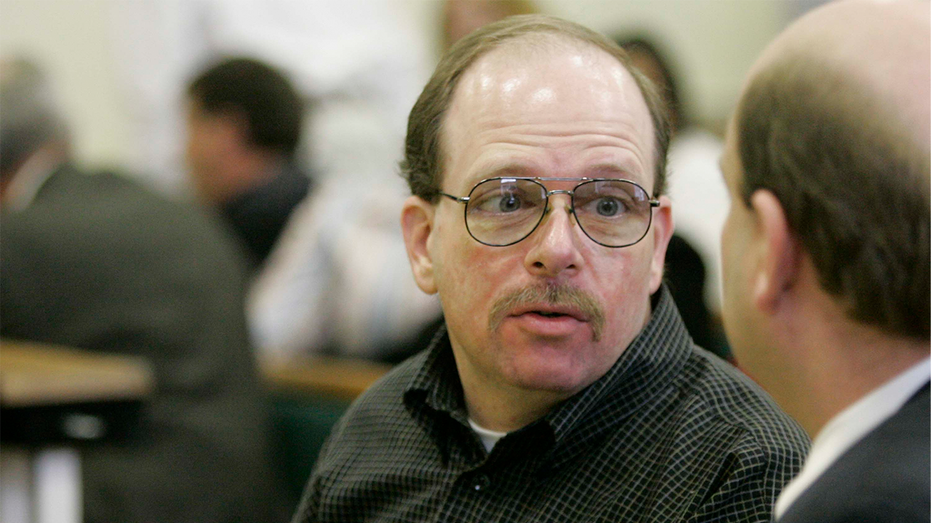UPDATE: A South Carolina court has just confirmed the execution of Steven Bixby, a man convicted of killing two police officers in 2003. The ruling, issued by Judge R. Scott Sprouse, allows Bixby’s death sentence to proceed, despite his claims that most laws are unconstitutional.
The court’s decision comes after a lengthy evaluation of Bixby’s mental competency. Authorities report that Bixby, now 58, believes he possesses an absolute right to defend his property, even to the point of death. His legal team argued that these beliefs indicate a mental incompetence that should halt his execution. However, Judge Sprouse ruled that Bixby is capable of cooperating with his lawyers and understands the legal proceedings against him.
In a shocking twist, Bixby recently filed a handwritten motion claiming that judges who rule against him are guided by Satan and threatened to expose them for treason if his execution proceeds. He insists that he is innocent and likens his situation to that of historical figures standing on principle.
The original case dates back to December 2003 when Bixby killed Abbeville County deputy Danny Wilson and state Constable Donnie Ouzts during a standoff at his family home. The murders erupted after the deputies responded to threats made against a road crew. Bixby’s parents were also implicated in the killings but have since passed away.
Judge Sprouse’s ruling has reignited discussions on mental health evaluations in capital cases. Bixby’s legal representatives have the option to appeal this latest decision. They maintain that his beliefs are delusional and that he is unable to assist in his defense due to his conviction that the legal system is fundamentally flawed.
Experts have noted that Bixby views himself almost as a martyr, believing he will reunite with his deceased parents after his death. This perspective raises critical questions about the intersection of mental health and the death penalty.
As this situation develops, the implications for Bixby’s future remain uncertain. Legal analysts are closely monitoring the case, which could set significant precedents regarding the mental competency of death row inmates.
Stay tuned for further updates as this story unfolds in the coming days.
